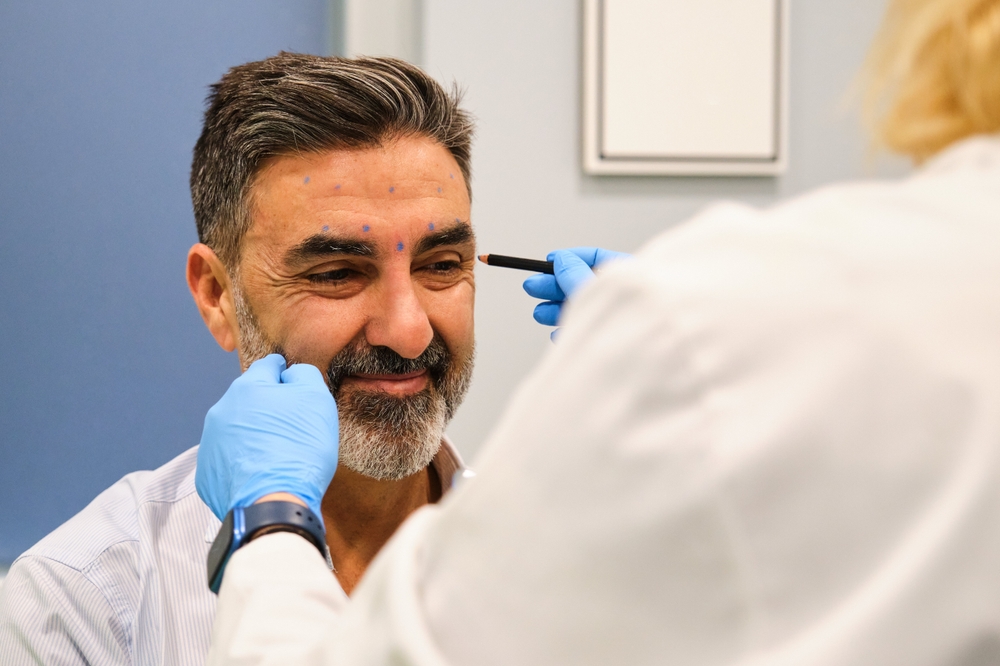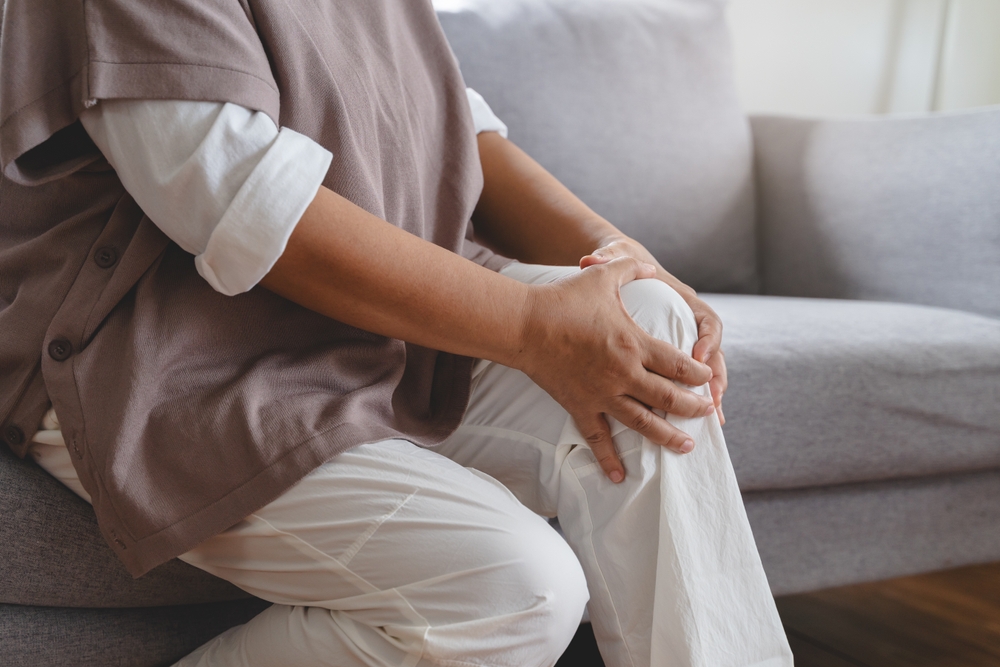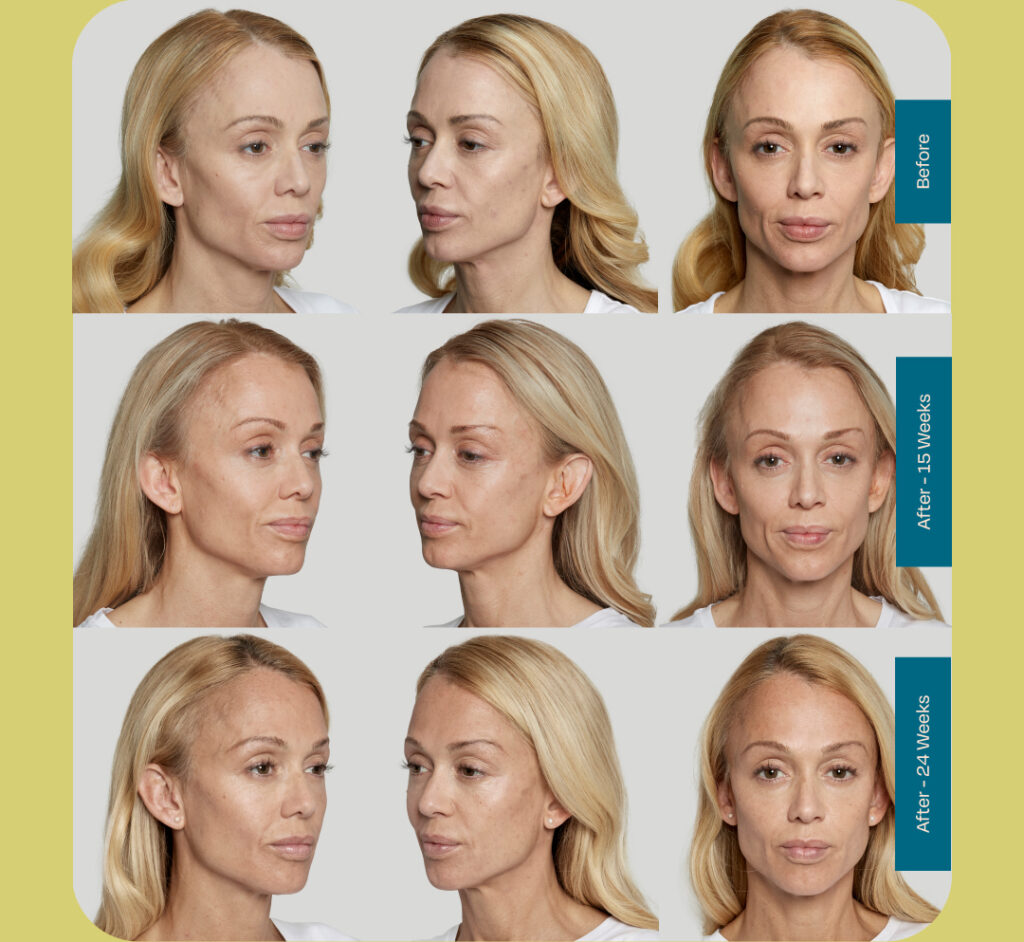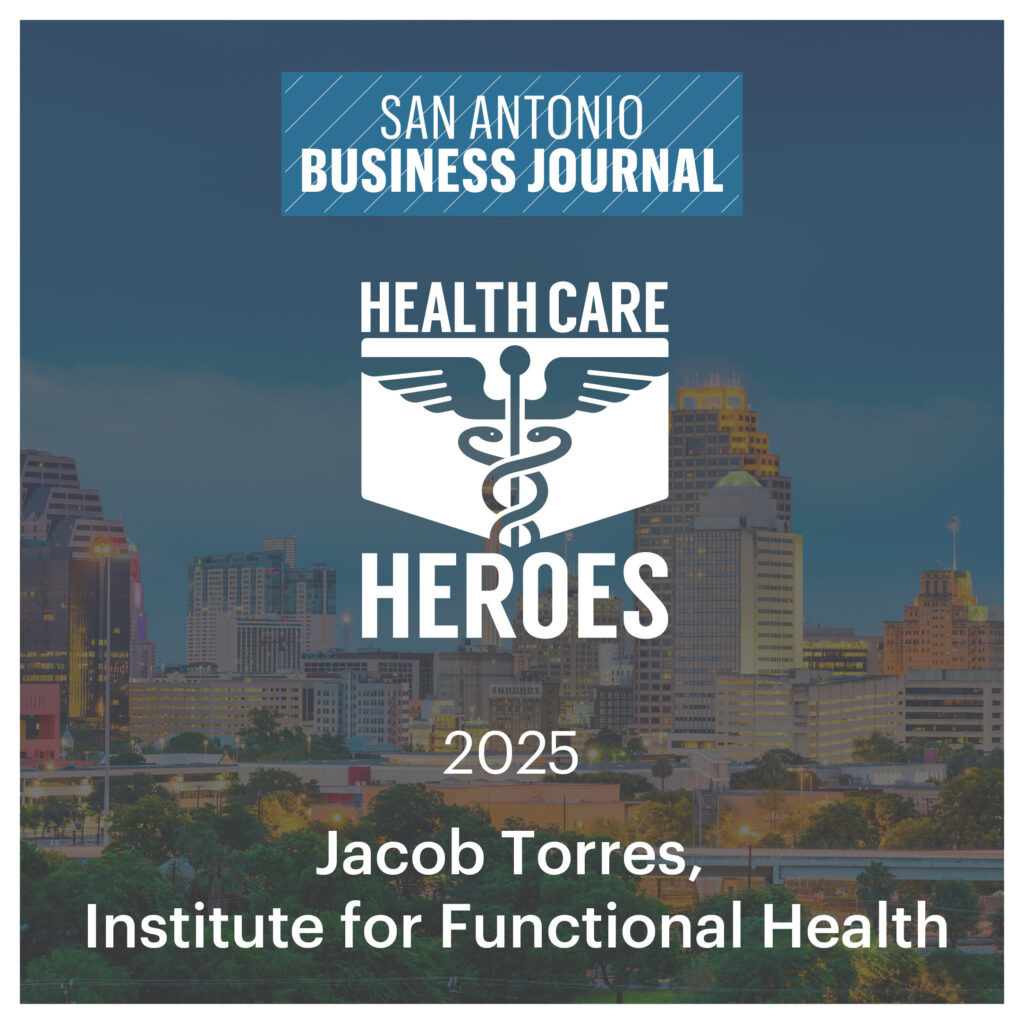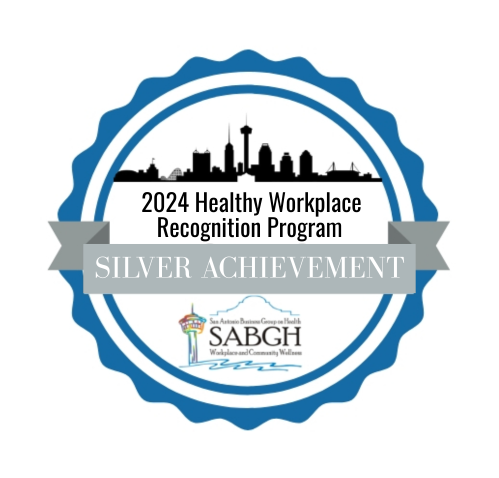Who doesn’t love to get a nice, restful night of sleep? Waking up feeling refreshed and with good energy helps set the tone for the day and will hopefully lead to a full and productive one. Getting the proper amount of rest can sometimes be a “make it or break it” for many individuals.
On average, its generally recommended to get around eight hours each night. This will vary by individual needs, and children and older adults may need an extra hour or so more. Sleep is the time for your body to go through healing and repair. It’s also time for important processes like liver and brain detoxification from all the stresses of the prior day. Deprive yourself of that, and your body and mind may pay the price.
Nighttime is obviously the best time to engage in your sleep and recovery period, but what about other times “outside the box”? Babies and young children are generally made to take naps during the day, and many older adults do so by choice. Our busy lives dictate that we don’t take the extra time to slow down during the day, but there may be a benefit for those that do! An afternoon nap may be just the boost the mind needs to function better, especially for older individuals.
Something To The Siesta?
Researchers at the University of Pennsylvania tested around 3,000 adults age 65 and older whose night and daytime sleep habits were recorded. Approximately 60% regularly took naps in the afternoon that generally lasted between 30 and 90 minutes. Most common was the hour-long power nap.
The investigators looked at the participants’ nighttime sleep habits and whether or not they took a nap in the afternoon to determine if this extra rest during the day had any effects on their brain function. To assess this, they were asked to perform several tests measuring mental function.
What the study showed was that those who took advantage of the afternoon nap scored better in several areas versus those who didn’t, including:
- Basic math problems
- Memorization and word recall
- Simple questions
- Drawing reproduction
And it appears that the one-hour nap was the gold standard, as those slept for longer or shorter periods didn’t perform as well. Those two groups had declines in their mental abilities that were up to six times greater than those who napped for an hour in the afternoon. Talk about a mental advantage! This study was published online in the Journal of the American Geriatrics Society.
While voluntary afternoon napping appears to offer benefits to certain populations, the “involuntary” ones may indicate there is a metabolic problem, especially if you’re dozing off in the afternoon when you’re at work or school. A heavy meal or poor sleep the prior night may cause this unwanted lull occasionally, but if there is a consistent pattern of this behavior, other areas should be considered. Common causes of the “afternoon slump” may be due to blood sugar issues (pre-diabetes, diabetes, hypoglycemia), poor adrenal function or possibly even thyroid issues.
If you fall into this category, a simple blood lab can help uncover issues that may be causing that unwanted drop and give you the opportunity to correct and reverse a pattern keeping you from functioning at your mental and physical best.

